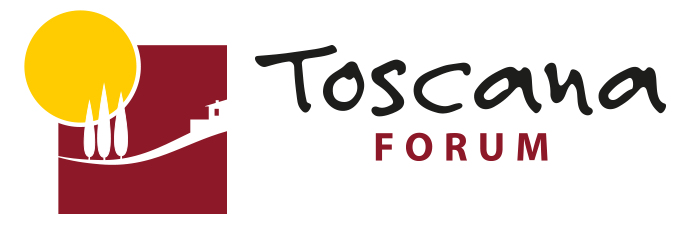The most important rules of etiquette for Italy
The Italians are known for their joie de vivre, warmth and hospitality. They love their family, their cuisine and their country. A compliment about it - accompanied by two or three words of Italian at best - is the best way to put an Italian in a good mood. You definitely can't go wrong with a “grazie” (thank you) or a “per favore” (please). But it's also easy to make a mistake. That's why we have put together the most important forms of politeness and etiquette for Italy for you.
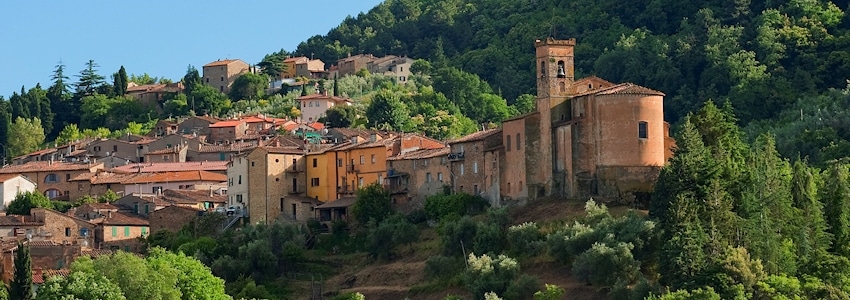
As in Germany, Italians usually greet each other with a handshake. A hint of a kiss on the left and right cheek is also common among friends and good acquaintances. You can achieve the status of a good acquaintance relatively quickly if you are introduced by friends. The greeting “Ciao” is popular among young people. But if you don't know someone well, you should avoid a casual "Ciao" and use the formal "buon giorno" (good afternoon) or "buona sera" (good evening) and later say "arrivederci!" (goodbye). !) say goodbye.
Clothing
In general, Italians attach great importance to good clothing and an impeccable wardrobe is required for official occasions. In your free time you can dress a little more casually, but not too casually or skimpily. Typical holiday clothing with shorts and sandals is not welcome in restaurants, cafés and other places in the evening, especially not in churches, where women should always cover their shoulders.
Invitations
Italians are considered very hospitable and an invitation is quickly issued. Anyone who is invited should pay attention to punctuality. A delay of up to five minutes still counts as Italian punctuality, but you should definitely not arrive too early! Think about a small gift for guests, but avoid chrysanthemums and gladioli for the bouquet, they are reserved for the cemetery. Even though Italians appreciate a good drink, it is considered unseemly to lose control through alcohol. And don't forget to praise the good food, that's always well received by the chef.
In the restaurant
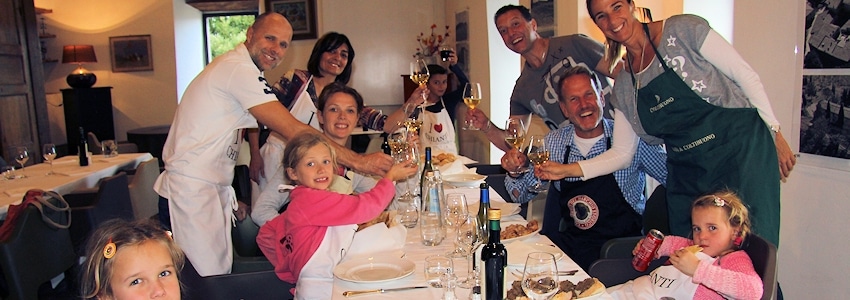
It's not appropriate to go to the first available table in a restaurant, and it's not appropriate to sit down at another person's table without being asked. Wait for the waiter and let him assign you a table.
Traditionally, an Italian meal consists of several courses. So don't be surprised if the waiter asks you for a plate of pasta: "E di secondo cosa le porto?" (What can I get you as a second course). By the way, spaghetti is always rolled up on the edge of the plate with a fork. If you don't want to out yourself as a foreigner, it's better to avoid the spoon when winding up.
If you want to pay in the restaurant, discreetly draw attention to yourself and ask for the bill with a “scusi” (excuse me) (“il account per favore”). One bill per table is quite normal in an Italian restaurant and it is also paid in one sum. Don't reveal yourself as a foreigner by adding up your own costs based on the menu. Typically, the bill is divided by the number of people, regardless of how much someone actually ate. Here too, and especially in family-run restaurants, you should remember to praise the chef for the excellent food with a compliment “faccia i miei complimenti al cuoco”.
Coffee, a science in itself
In Italy, every time of day has its own coffee specialty. Cappuccino or “latte macchiato” is only available for breakfast. Immediately after a meal, an espresso, which the Italians call “caffè”, is considered good form. So don't order a cappuccino in the afternoon if you don't want to attract attention as a foreigner. If you don't like the caffè without milk, it is a good alternative as a “macchiato”, i.e. with a little milk. The small coffee is also often drunk standing up at a bar. However, it is never downed in one gulp, but rather enjoyed in peace with small sips.
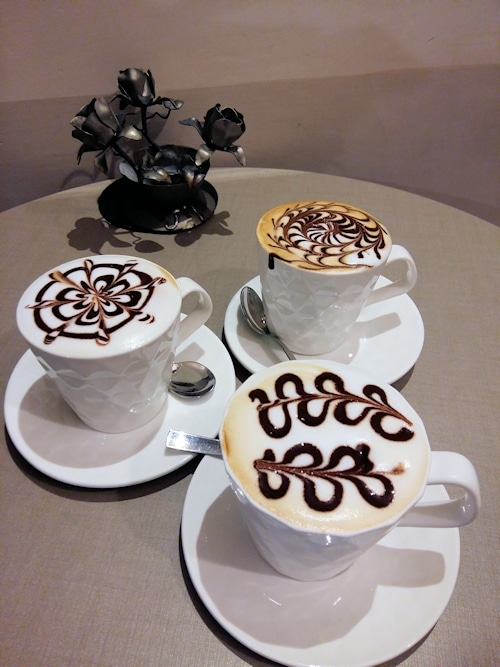
Conversation and body language
Italians like to talk loudly and with lots of gestures. So if you want to come across as friendly, take your hands out of your pockets and gesture. Titles are very important in Italy. So always address academics as “dottore” and engineers as “ingenere”. However, avoid appending the name to the title. So just say “Buon giorno doctore” and not “Buon giorno doctor Rossi”.
The country's top topics include, for example, good Italian cuisine, excellent wines, Italian fashion in all its forms (Italian style), Italy's cultural treasures and football. When it comes to the subject of the Vatican, things can get a little more difficult, but the mafia is definitely a taboo for most Italians and should be avoided if possible.
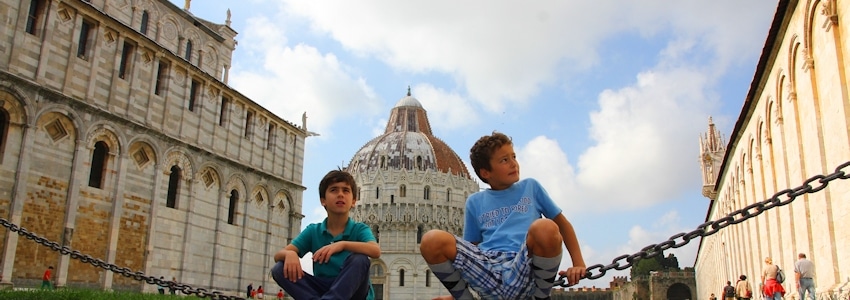
Beach life
The rules of etiquette for Italy are particularly strict on the beaches and you should stick to them scrupulously:
- Skinny dipping is forbidden everywhere, even for children.
- However, topless swimming is tolerated on some beaches.
- Swimwear is not changed in front of everyone.
- Dogs and ball games are only allowed on specially designated areas of the beach.
- Cell phone calls must be made quietly and music may only be listened to through headphones.
- Under no circumstances should you buy from beach vendors. If you purchase counterfeit branded goods, you can face high fines.

Keep your eyes open in traffic
Like everywhere in southern Europe, Italians are spirited drivers. Expect to hear honking, jostling and changing lanes rapidly. Don't rely on the right of way and, as a pedestrian, don't rely on zebra crossings; unfortunately, this is often ignored. As a driver, try to adapt to the traffic and not be too hesitant, otherwise you could be honked at mercilessly.
